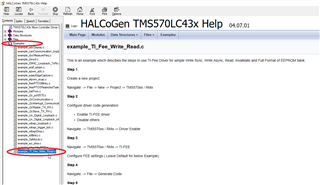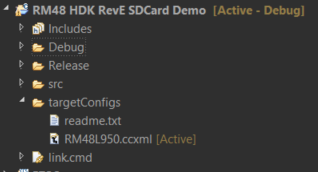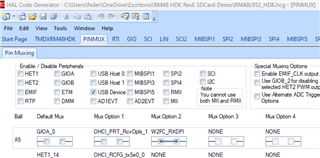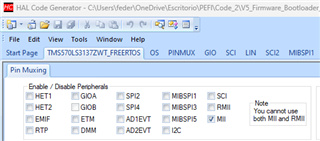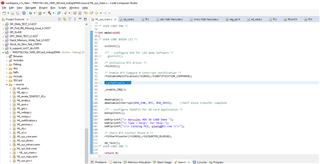Other Parts Discussed in Thread: HALCOGEN, , TMS570LC4357
Hello everyone !!
I have a question about this card. I want to know how I can read on an SD card. For example, I have to pass 8 bytes to the SD card, and I wanted to know if there is an instruction to write these 8 bytes.
Then, I would need to read those bytes and transmit them by CAN protocol.
Is there any instruction to do this, or any example on the SD card to write and read data?
If not, can I do this with EEPROM memory, read and write from a specific place?
Thank you so much for your help,



